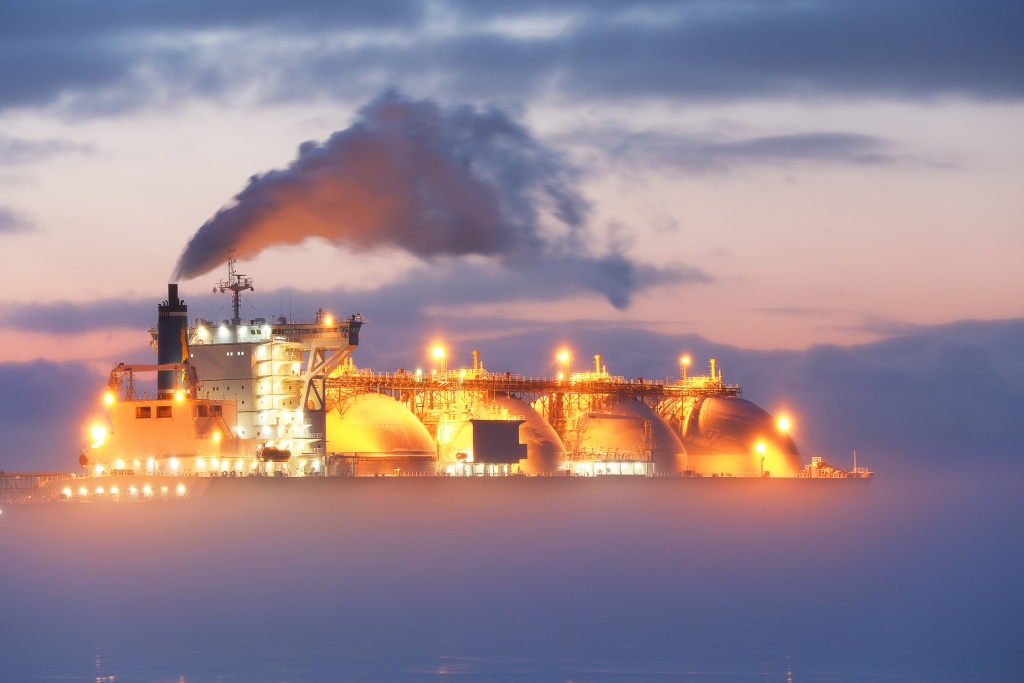Russia’s Sakhalin-2 LNG export terminal has produced about 11.5 million tonnes of LNG last year, according to Sakhalin Energy LLC, the new plant operator controlled by Gazprom.
The export terminal produced and shipped record 11.6 million tonnes of LNG in 2021.
Sakhalin Energy said in a statement on Thursday that “first Sakhalin oil and LNG cargoes have been successfully delivered to the buyers in Asia Pacific this year.”
Currently, Sakhalin Energy continues hydrocarbon production and shipping operations “in normal mode in line with the schedule,” it said.
In 2022, the company said it had exceeded the targets, producing about 11.5 million tonnes of LNG and 3.7 million tonnes of Sakhalin Blend oil.
“All products were delivered to the buyers on time in full compliance with the SPA terms,” it said.
The major LNG markets were Japan, China, South Korea, and Indonesia, while oil was mainly sold to China, South Korea, and Japan, the firm said.
“Unprecedented pressure”
“Amidst unprecedented pressure on its business and operations caused by external factors, Sakhalin Energy was able to ensure stable and safe business processes, while exceeding the targets,” Andrey Oleinikov, Sakhalin Energy’s managing director, said in the statement.
“All the time we remained fully committed to our obligations, including the one to secure reliable gas supply to the Sakhalin Oblast and the Far East. Given the importance of the project for the whole region, the company has been implementing a rational field development scenario to ensure stable production and full implementation of social development plans,” he said.
President Vladimir Putin signed a decree in June last year allowing Russia to take charge of the Sakhalin-2 project due to Western sanctions imposed on Russia.
Sakhalin Energy LLC launched its operations on August 19.
Shell had a 27.5 percent interest in in the original entity, while Russia’s Gazprom had a 50 percent operating stake. Japan’s Mitsui owned 12.5 percent stake and compatriot Mitsubishi had 10 percent in the plant.
Gazprom remains the operator of the new entity, while Mitsui and Mitsubishi won approvals from the Russian government to take stakes in the new operator.
Shell said it would not take equity in the new terminal operator.
The Sakhalin-2 LNG facility started producing LNG back in 2009 with a design capacity of 9.6 mtpa, but due to technical improvements and upgrades, together with weather and temperature conditions, production rose by 20 percent.

